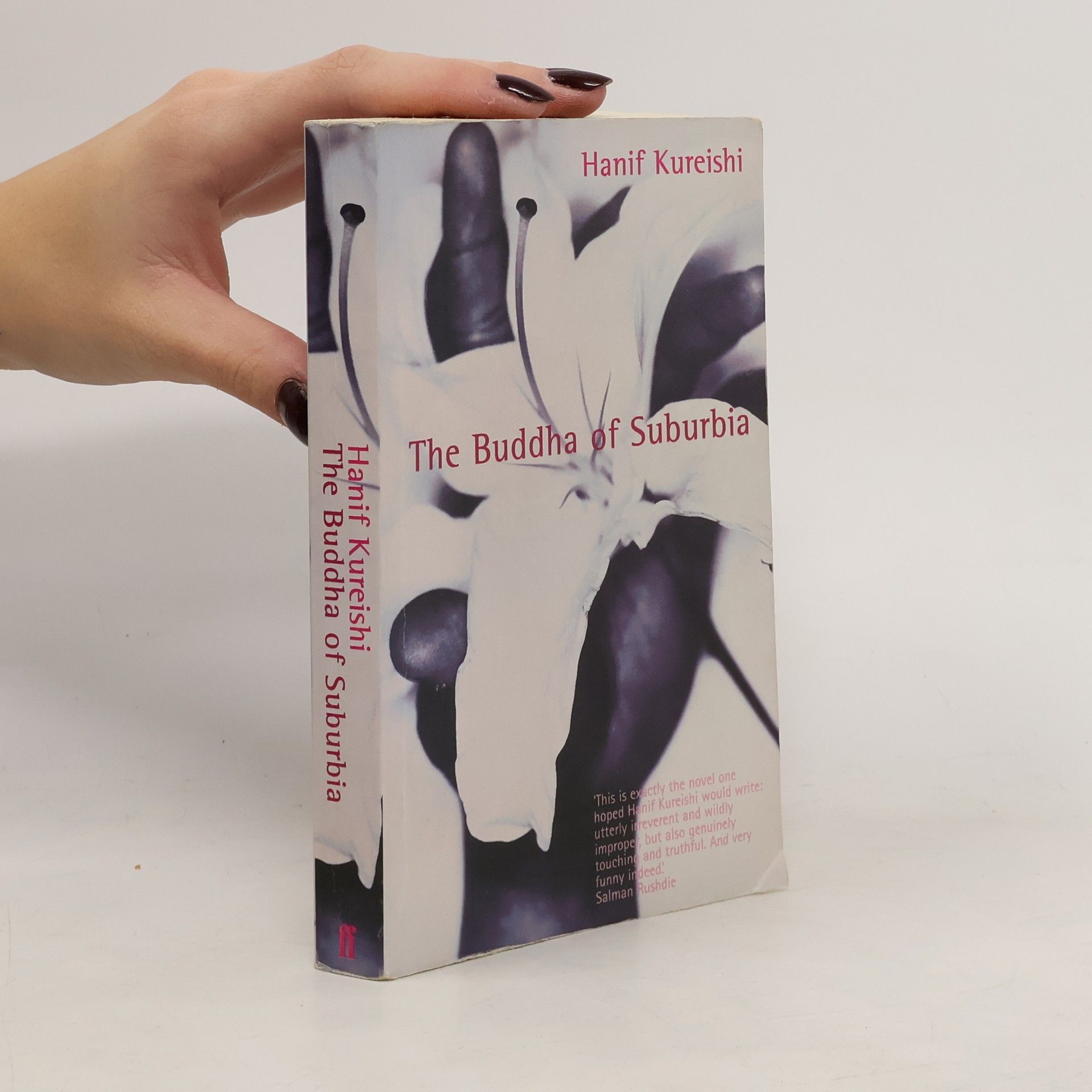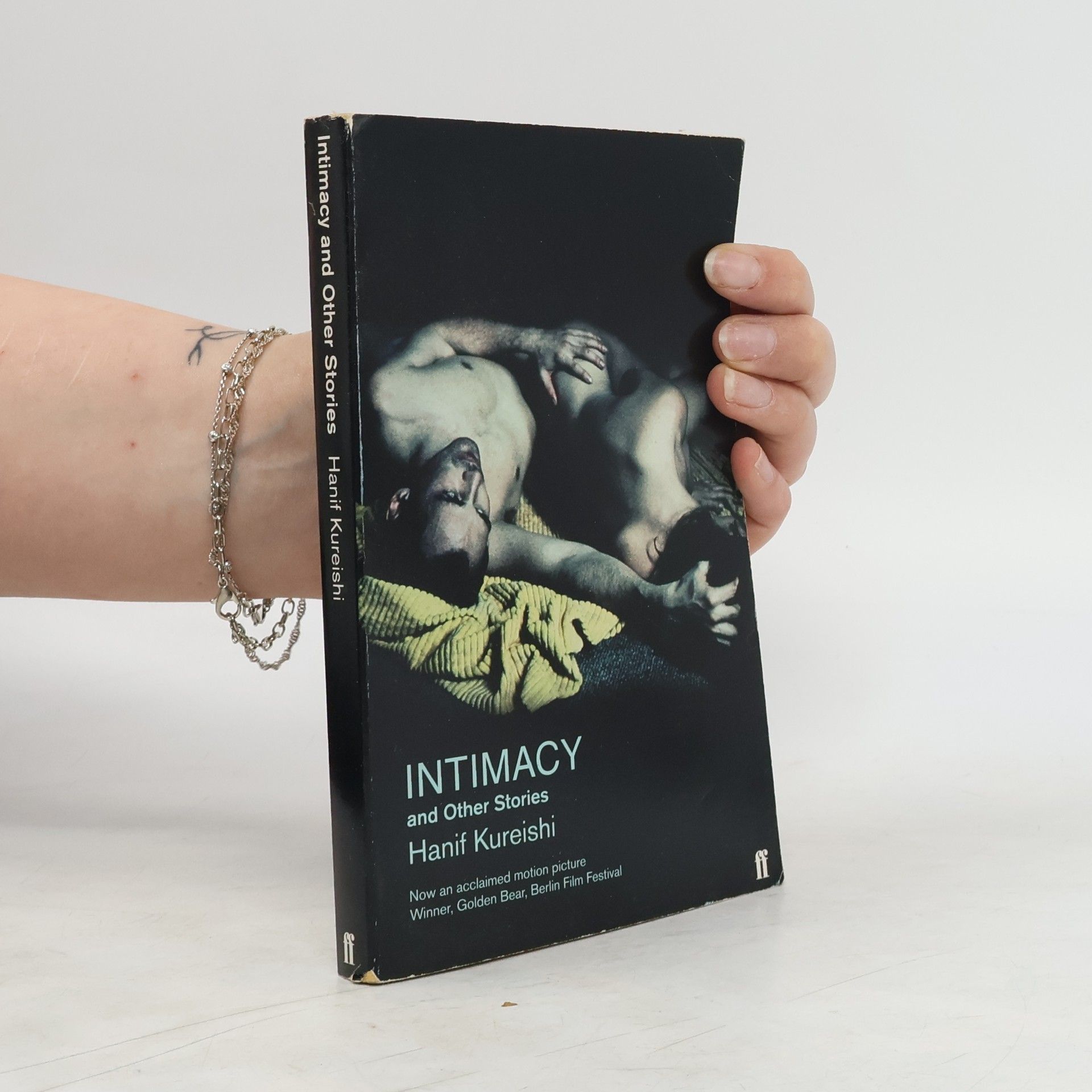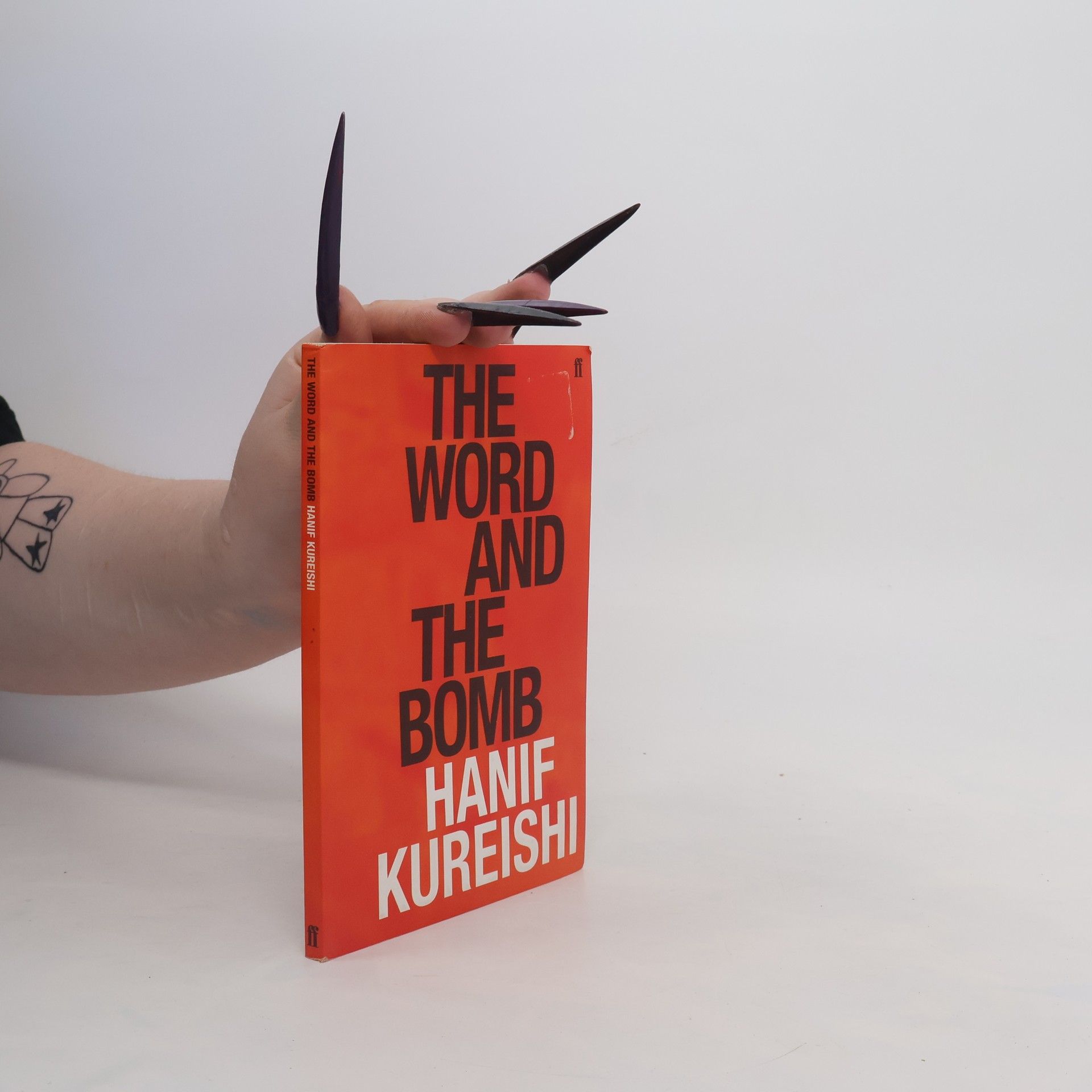With a foreword by Daniel BarenboimMusic at the Limits is the first book to bring together three decades of Edward Said's essays and articles on music.
Hanif Kureishi Books
Hanif Kureishi is celebrated for his incisive explorations of identity, sexuality, and cultural clashes, often focusing on the lives of young people navigating the spaces between British and Asian cultures. His prose is marked by a raw honesty and sharp social critique that dissects the complexities of modern life. Kureishi masterfully intertwines personal experience with broader societal themes, creating works that are both provocative and deeply human. His writing reflects his unique perspective as the son of a Pakistani father and an English mother, growing up in London.


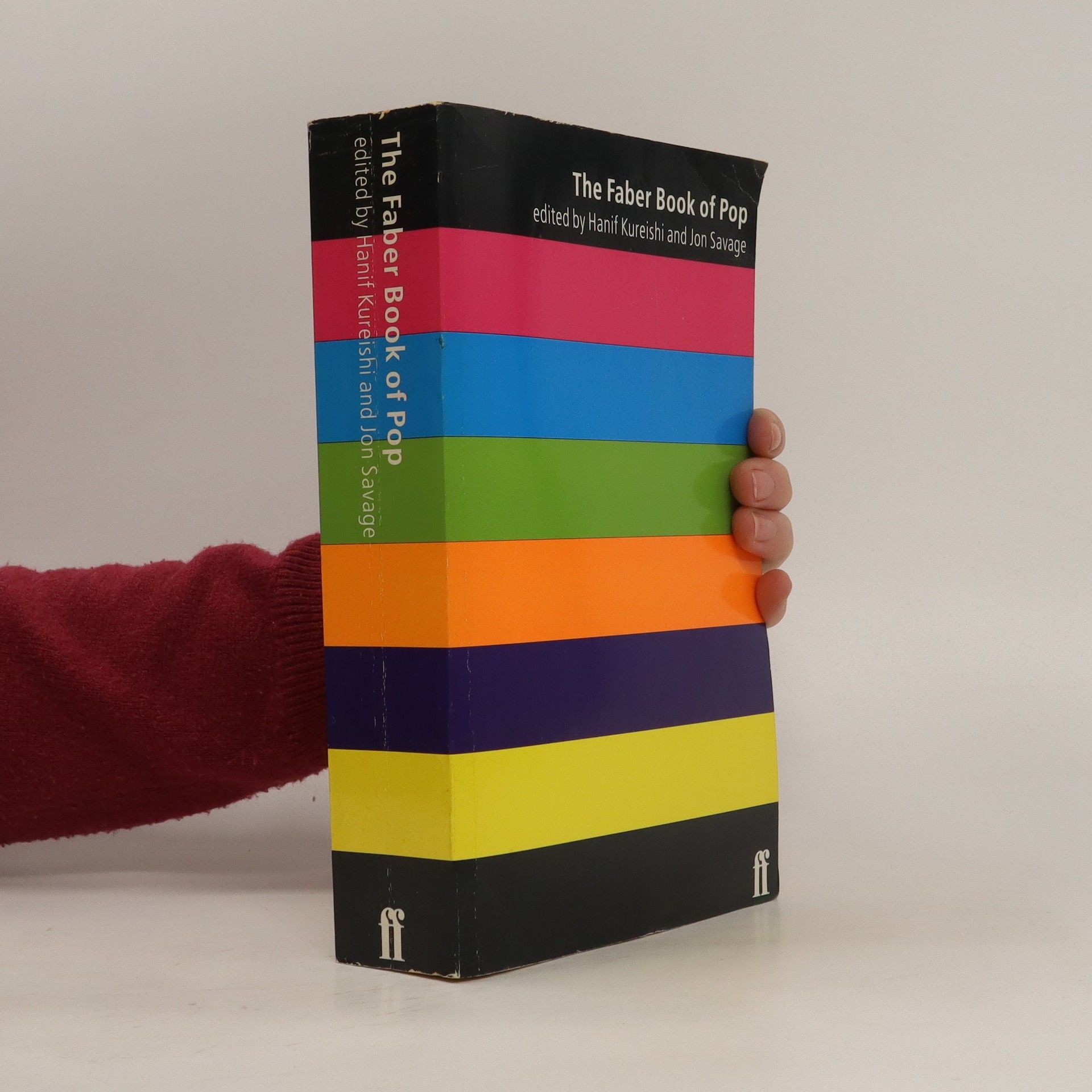


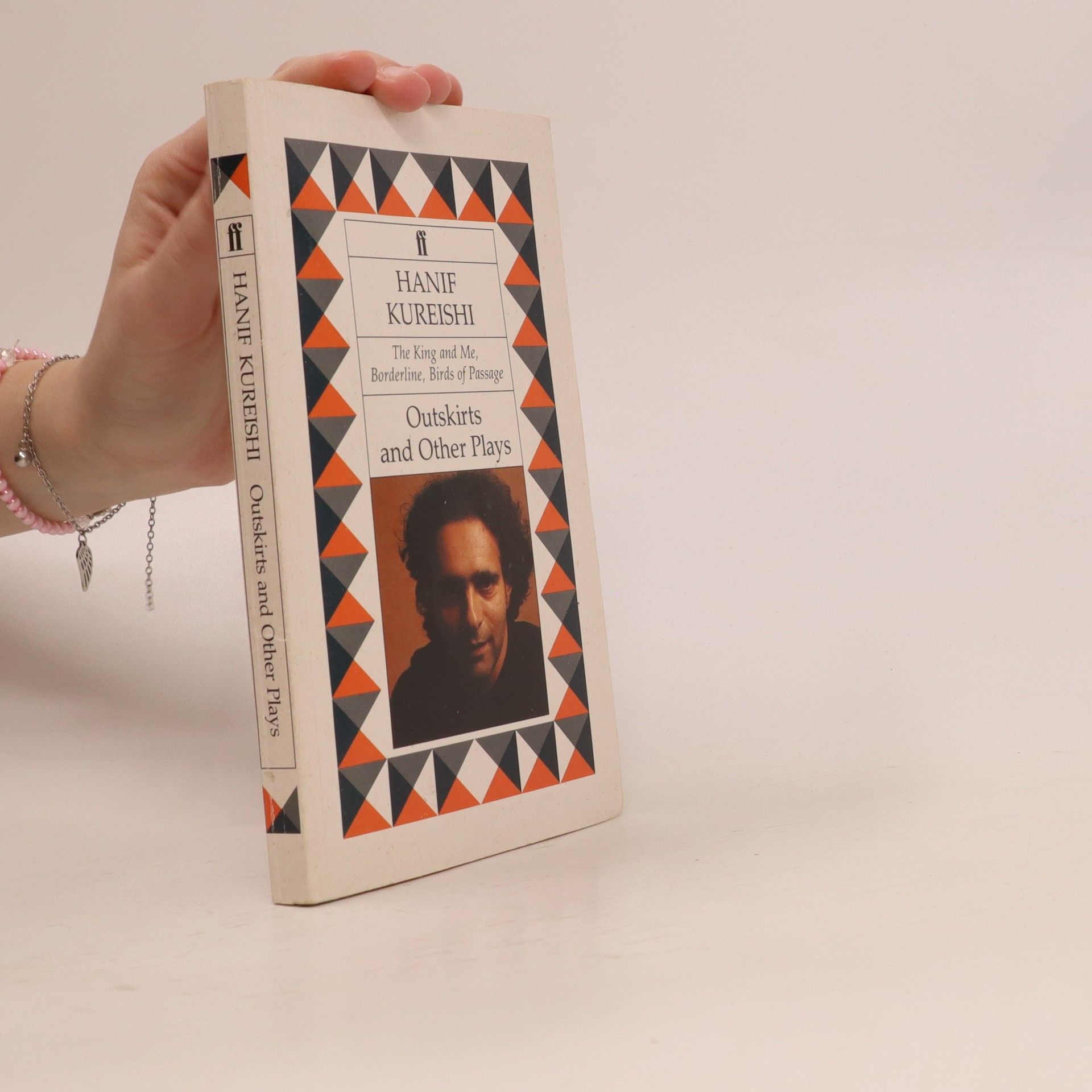
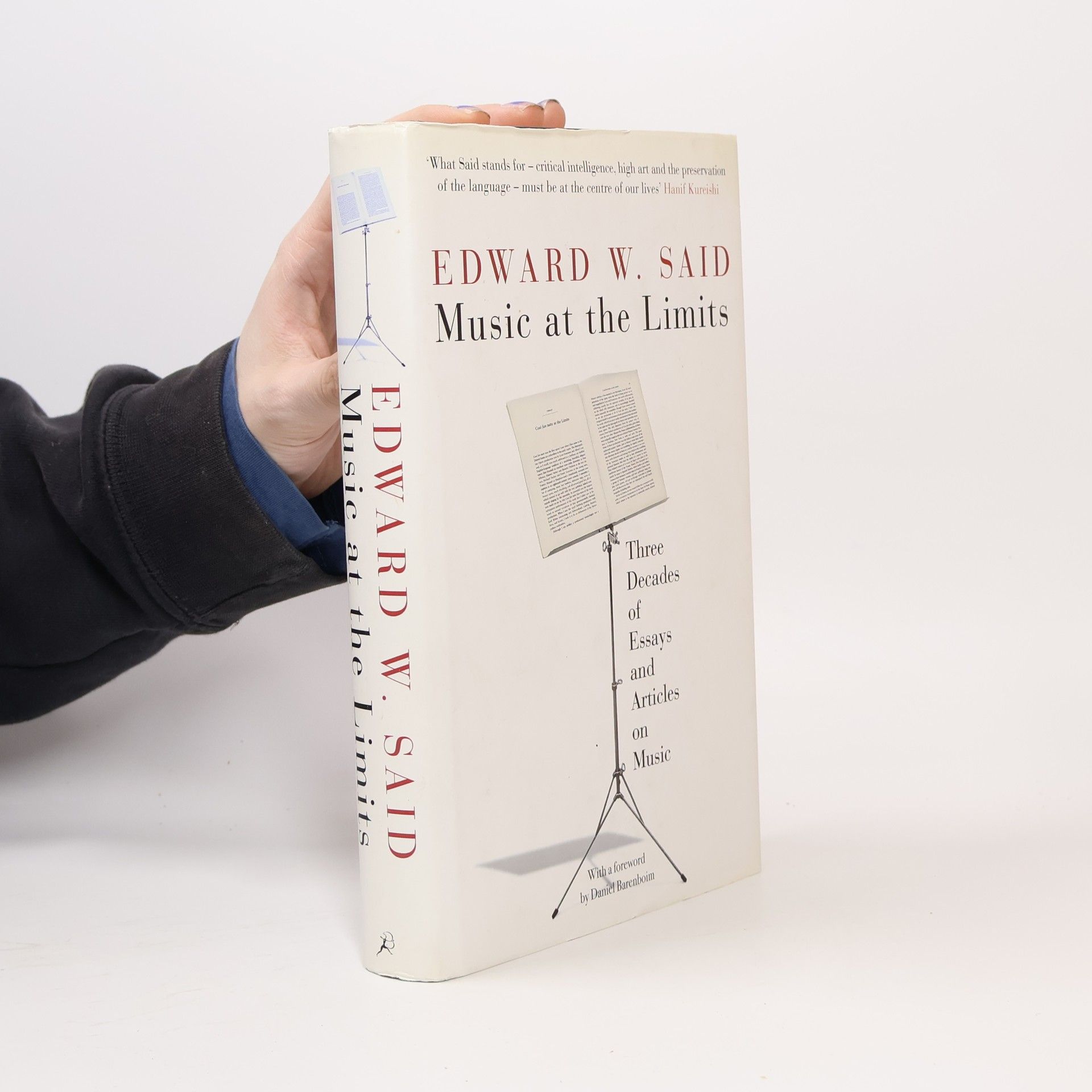
Outskirts and Other Plays: The King and Me, Borderline, Birds od Passage
- 224 pages
- 8 hours of reading
Hanif Kureishi was voted the Most Promising Playwright of the Year in 1981 by the London Theatre Critics for his plays "Borderline" and "Outskirts". This selection of plays shows his development as a writer from his own perspective and from the perspective of the British theatre of the 1970s.
The Mother
- 128 pages
- 5 hours of reading
'Kureishi's screenplay is one of his most focused and engaging since My Beautiful Laundrette.' Allan Hunter, Screen International At sixty-five years of age, May fears that life has passed her by - that she has become just another invisible old lady whose days are more or less numbered. When she and her husband travel down from the north to visit their grown-up children in west London, she finds them characteristically inattentive. But then her husband's unexpected death pulls the ground from under her, and she subsequently embarks on a passionate affair with Darren, a man half her age, who is renovating her son's house and sleeping with her daughter, Paula. In the midst of this tumultuous situation, May begins to understand that it can take a lifetime to feel truly alive.
Shattered
- 336 pages
- 12 hours of reading
The book is characterized by its blend of humor and emotional depth, showcasing remarkable storytelling that resonates with readers. It captures poignant moments while also delivering laughter, making it a compelling read that balances light-heartedness with significant themes. The narrative is crafted to evoke a range of emotions, leaving a lasting impression on its audience.
The Faber Book of Pop
- 896 pages
- 32 hours of reading
This acclaimed collection charts the course of Pop from its underground origins through its low and high art phases to its current omnipresence; it takes in fiction, reportage, fashion, art and fantasy as filtered through pop music and includes work by Michael Bracewell, Angela Carter, Nick Cohn, Bob Dylan, Simon Garfield, Nelson George, Germaine Greer, Peter Guralnick, John Lennon, Norman Mailer, Greil Marcus, Iggy Pop, Neil Tennant, Lou Reed, Simon Reynolds, Hunter S. Thompson, Nick Tosches, Andy Warhol, Tom Wolfe and Malcolm X, amongst others. Covering more than 50 years of writing from 1942 on, The Faber Book of Pop is the most stimulating collection of writing on popular music ever published.
Collected Stories
- 688 pages
- 25 hours of reading
The essential collection from one of Britain's most celebrated and controversial writers.
A new paperback edition of Hanif Kureishi's wide-ranging and thought-provoking essays.
The Buddha of Suburbia
- 284 pages
- 10 hours of reading
The winner of the Whitbread Best First Novel 1990, this is the story of Karim Amir, "an Englishman born and bred - almost", who lives with his English mother and Indian father in the South London suburbs. It is written by the author of "My Beautiful Launderette" and "Sammy and Rosie Get Laid".
Intimacy and Other Stories
- 187 pages
- 7 hours of reading
Intimacy - now a film - analyzes the agonies and joys of being connected to another person. Jay, who is leaving his partner and their two sons, reflects on the vicissitudes of his relationship with Susan. This volume includes two short stories from Love in a Blue Time and Midnight All Day.
The Word and the Bomb
- 100 pages
- 4 hours of reading
The outbreak of the Iraq war and its aftermath, plus the bombings in London, have stimulated Hanif Kureishi to write about the great divide between the East and the West - the gulf between fundamentalist Islam and Western values. This book is a collection of his controversial writings.
